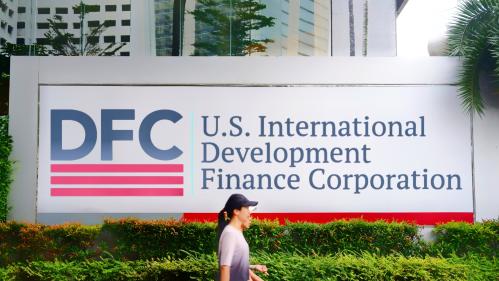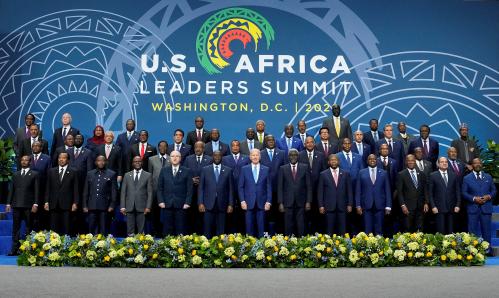On July 20, Secretary Clinton participated along with 40 or so foreign ministers and international organization heads in the Afghanistan Donor Conference—the ninth the country has held since the United States and Afghan insurgents overthrew the Taliban.
All such conferences are a form of theater. On stage, each actor has their part. The western donors pledge billions of dollars of aid, only a modest fraction of which they will ever actually commit to the country, let alone disburse. They applaud the government for its important successes, chide it for its occasional lapses, and point to the amount of work still to be done. They make solemn commitments to coordinate more effectively with one another—pledges they’ll break before their planes leave the next day. The government in turn thanks the donors for their generosity, gently chides them for pledging more than they’ll actually give, and promises to do more on—whatever the checklist has on offer, be it anti-corruption, gender issues, human rights, what have you. Everyone knows that both sides are posturing for audiences foreign and domestic.
The play-acting masks an important problem—about timelines. U.S. strategy in Afghanistan is premised on the notion that short-term military successes (clear and hold) has to be backed up by delivery on governance (build). The west—and some emerging power donors—will use the conference to pledge still more money to build up Afghan governance capacity and perhaps even (usefully) put some more of their aid through the Afghan budget. (European and multilateral aid donors have learned the hard way that spending money on international consultants and technical assistance has almost no economic impact and its impact on governance is actually negative—it’s overdue for USAID to pay heed.)
The timelines problem is this: our military presence will begin to wind down next year. Research by the World Bank for their World Development Report 2011 shows that serious governance reform takes more like two decades. And that’s under the best of circumstances. It doesn’t need to be pointed out that Afghanistan about as far from the best of circumstances as it’s possible to conceive.
Play-acting on the international stage is part of the job description. No one profits from candor: realism about the timetable for governance reform would offend Afghan nationalists, Congress and squeamish allies in just about equal measure. Still, there’s a yawning gulf between our military and governance timelines. It’s going to take more than donor theatrics to bridge it.



Commentary
The Afghanistan Donor Conference: Timetables and Theatrics in Kabul
July 20, 2010